US announces $345 million weapons package for Chinese Taipei
The United States has announced a fresh $345 million package of weapons for Chinese Taipei (Taiwan) despite repeated warnings from Beijing against sending arms to the self-governed island, turning it into a "powder keg".
Washington announced the new weapons package for Chinese Taipei on Friday, at a time when the US has been attempting to ameliorate its deteriorated relationship with Beijing.
For this package, Washington has for the first time used what is known as Presidential Drawdown Authority (PDA), allowing the US to pull the weapons and other stocks directly from the inventories of the US Department of Defense (DoD).
Prior to this, PDA, which accelerates the process of weapons transfers, was used only for weapons deliveries to Ukraine.
“This is the first time we have done a Taiwan PDA,” a senior official for the Biden administration said earlier this month as quoted by CNN, “and it has taken a bit longer than we would normally expect.”
DoD spokesperson Lt. Col. Martin Meiners said the package “includes self-defense capabilities that Taiwan will be able to use to build … to bolster deterrence now and in the future.” He added that the systems include “critical defensive stockpiles, multi-domain awareness, anti-armor, and air defense capabilities.”
The Pentagon spokesperson added that the administration will continue to review the kind of equipment Chinese Taipei will need to purchase from the United States.
Meiners claimed that the US government remained "committed to the One-China policy."
However, the internationally accepted One-China policy forbids world countries from selling weapons, expanding ties, and establishing diplomatic relations with Taipei.
Also, Taipei’s earlier purchase of weapons from the United States had included $332.2 million of 30mm ammunition and related equipment, as well as $108 million worth of logistical military material.
Taipei’s minister of war Chiu Kuo-Cheng, in early May, announced that the island was in talks with Washington for a fast-tracked $500 million weapons package. He said at the time that the sped-up delivery of the weapons would make up for delays in the delivery of other weapons, some of which had been diverted by Ukrainian forces fighting against Russia.
In late May, US Defense Secretary Lloyd Austin told lawmakers that a “significant” package of weapons, munitions, and equipment would be coming “soon” for Taiwan, part of the $1 billion worth of weapons the US Congress had authorized in PDA for Taipei.
Meanwhile, the Biden administration has been making repeated failed attempts to re-establish diplomatic ties with Beijing, trying to reopen frozen lines of communication and restart broken dialog between the two countries.
In this regard, following abortive overtures by US military officials, Secretary of State Antony Blinken, Treasury Secretary Janet Yellen, and John Kerry, the US President Joe Biden's special climate envoy, made separate visits to Beijing to mend ties.
Meanwhile, the state-run China Daily newspaper wrote in an editorial on Saturday that Washington is fanning the flames of war with arms sales to Taiwan.
The freshly announced weapons package shows Washington is apparently attempting to export war to the Asia-Pacific as part of its containment strategy toward China, it said.
It said the sales of weapons to Taipei betrays the recent promises from senior US officials not to take any anti-Beijing stances and show support for the secessionist movement on the island.
The $345 million package includes "man-portable air defense systems, intelligence and surveillance capabilities, firearms and missiles" which will be used in targeting the Chinese mainland.
It also includes "education and training" for the locals, an extremely detrimental move aimed at planting the seed of secessionism in the minds of the young so as to turn them into cannon fodder of the secessionists in power.
Beijing describes the issue of Chinese Taipei as the most sensitive and important matter in its relations with the US, and the topic remains a constant source of friction between the two world powers.

Yemen asserts enhanced military readiness; takes US aircraft carriers under firepower

After second Signalgate scandal, Democrats call for Hegseth’s resignation

US warplanes strike Yemeni capital in new acts of aggression
Broadcaster: Israel fabricated Gaza tunnel to stall ceasefire deal
US-South Korea trade tensions
Students camp out at Yale to protest Israeli minister Ben-Gvir’s visit
Over 220 US academic leaders slam Trump crackdown on universities
In Beijing, Araghchi says China, Russia Iran’s strategic partners
Gaza facing 'unprecedented humanitarian catastrophe': Hamas
VIDEO | Poll: Majority of Americans disapprove of Trump’s economic plans
VIDEO | Yemeni ballistic missile triggers sirens in Israeli-occupied lands


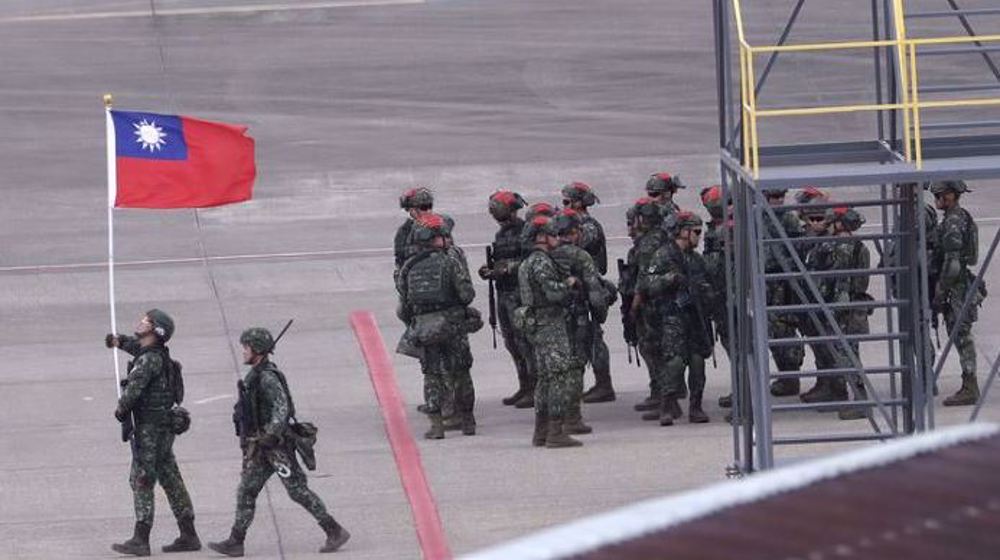
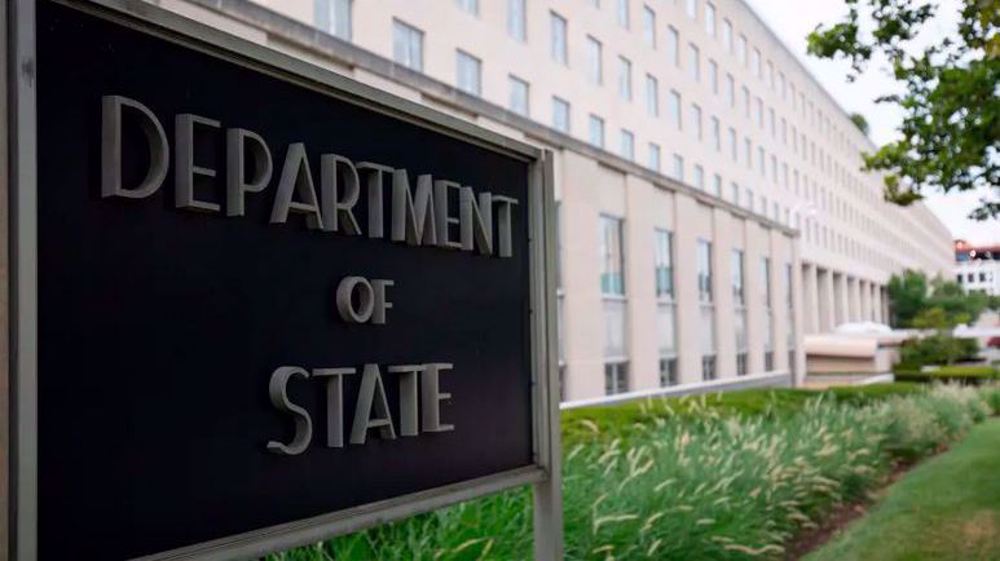

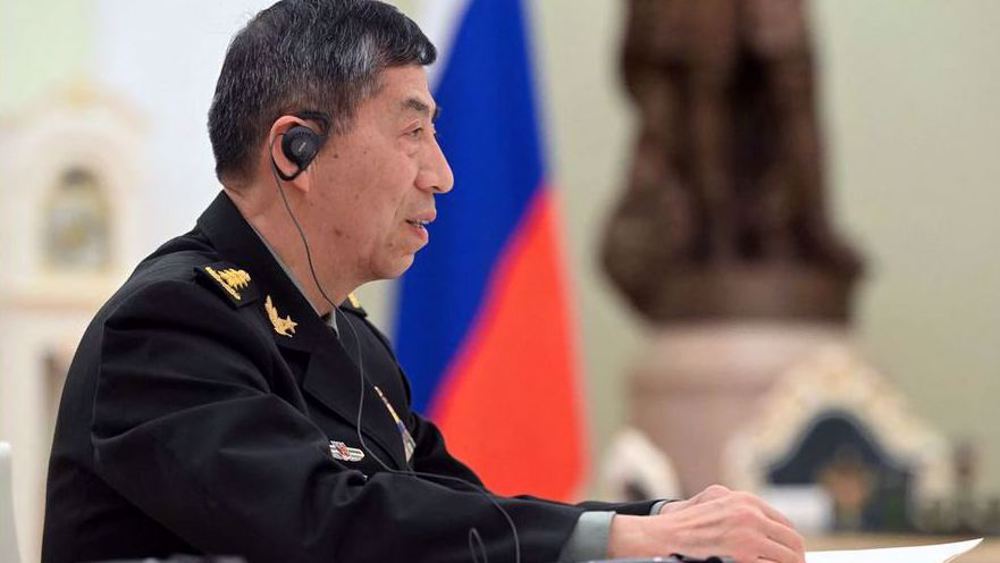



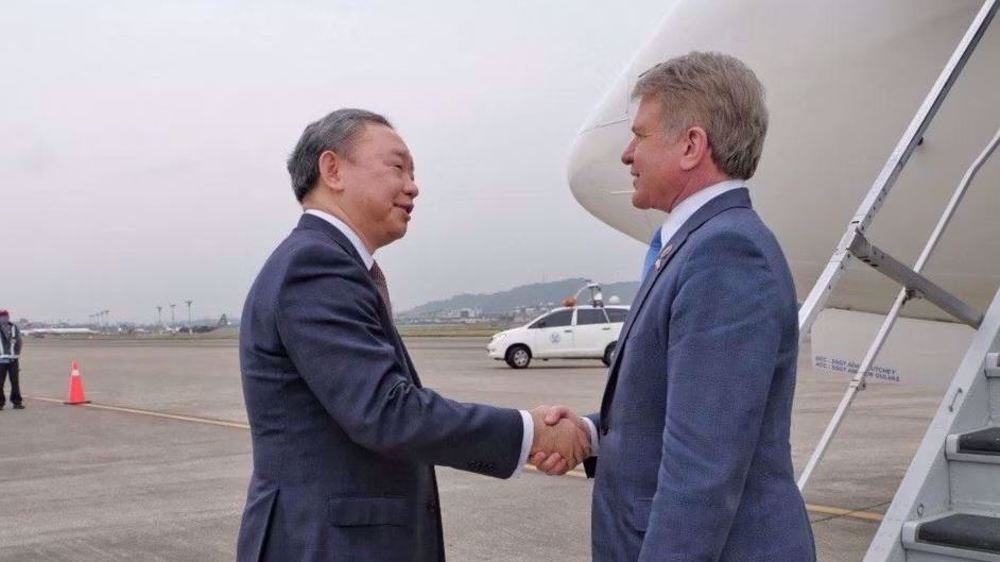
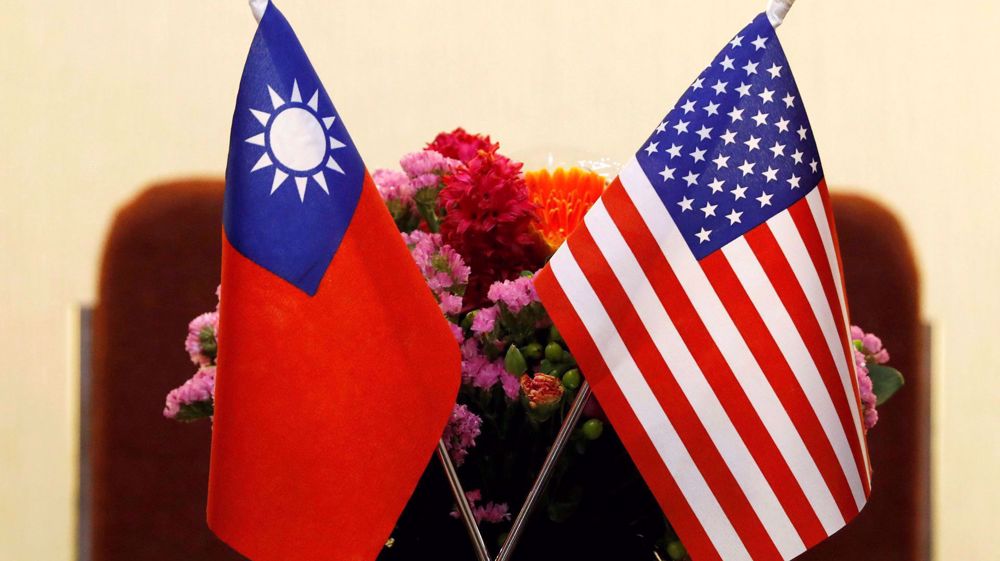
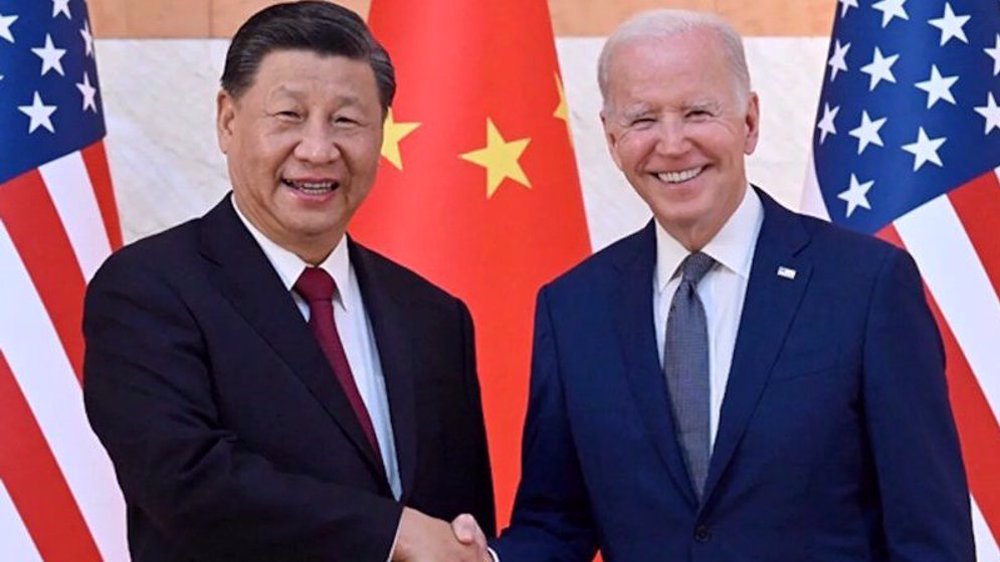

 This makes it easy to access the Press TV website
This makes it easy to access the Press TV website